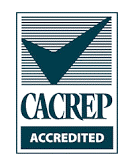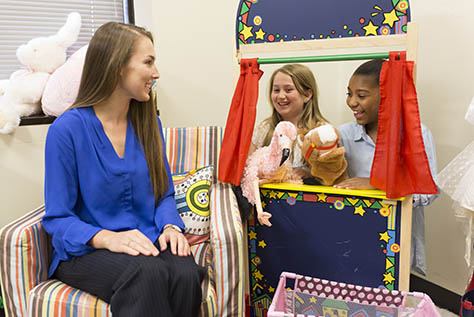 The Master of Science in Counseling program prepares students with culturally sensitive knowledge and skills for the counseling profession to assist children, adults, and families with psychological growth and mental health concerns. Counselors work in community agencies, religious institutions, hospitals, private practice, and schools. The Counseling program provides the educational and clinical requirements necessary for certification, licensure, and actual counseling practice. Students acquire knowledge in the disciplines that underlie counseling including education, psychology, human development, learning, and social change.
The Master of Science in Counseling program prepares students with culturally sensitive knowledge and skills for the counseling profession to assist children, adults, and families with psychological growth and mental health concerns. Counselors work in community agencies, religious institutions, hospitals, private practice, and schools. The Counseling program provides the educational and clinical requirements necessary for certification, licensure, and actual counseling practice. Students acquire knowledge in the disciplines that underlie counseling including education, psychology, human development, learning, and social change.
Master of Science in Counseling
Prospective Students
Most students in the M.S. in Counseling program earned their undergraduate degrees in psychology, sociology, social work, ministry work, or education.
Career and Personal Benefits
The developmental and social sciences comprise the foundation of the curriculum. Students can choose to focus their studies on one or more of the following specialties: Clinical Mental Health; Marriage, Couple, and Family; and School Counseling with additional opportunity for concentrated study in Addiction Counseling, Child and Adolescent Counseling, Trauma Counseling, and LGBT Affirmative Therapy.
Successful graduates are able to pursue credentialing as Licensed Professional Counselors (LPC), Marriage and Family Therapists (LMFT), or Certified School Counselors and work in community agencies, churches, hospitals, private practices, and schools. The opportunity to be licensed as Licensed Chemical Dependency Counselor (LCDC) in the State of Texas is also available.


